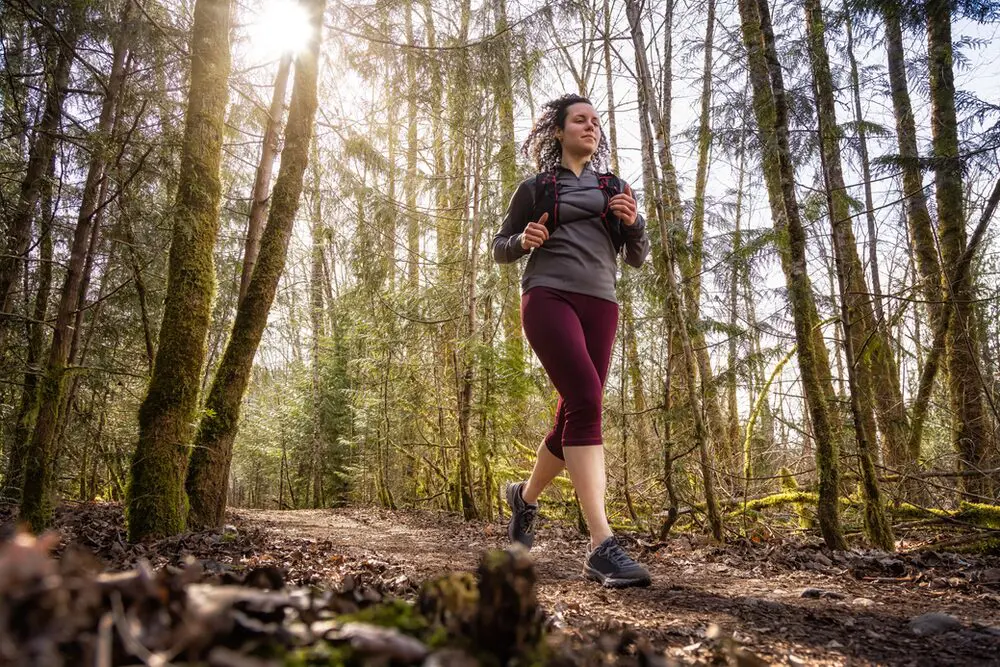In a world where the search for longevity and wellness often leads to complex solutions, the simplicity and power of Exercise shine as a beacon of hope. Exercise has stood the test of time as one of the most effective, natural ways to enhance our quality of life. Today, with advancements in exercise science, it’s clearer than ever: physical activity isn’t just about looking good—it’s about building a foundation for a longer, healthier, and happier life.
From the athletic competitions of ancient Greece to the physical culture movement of the 19th century, exercise has always played a significant role in human history. However, it wasn’t until the 20th century that science began to uncover how physical activity impacts our body and mind. Over time, we’ve moved beyond mere fitness trends to embrace a data-driven understanding of how exercise supports overall well-being.

Engaging in regular physical activity influences virtually every system in the body. Here’s how exercise science supports preventive care:
Weight-bearing exercises like walking, resistance training, and Yoga promote bone density, reducing the risk of osteoporosis and fractures as we age. Research shows that consistent physical activity helps maintain stronger bones, which are crucial for maintaining mobility and independence later in life.
Strength training exercises, such as squats or resistance band workouts, not only improve muscle tone but also prevent age-related muscle loss (sarcopenia). Maintaining muscle mass enhances balance, reduces the risk of falls, and supports metabolic health, making it a cornerstone of healthy Aging.
Exercise is a powerful ally for cognitive health. Aerobic activities like jogging, swimming, and cycling improve blood flow to the brain, fostering neurogenesis (the Growth of new brain cells). Additionally, exercise has been linked to reduced risks of neurodegenerative diseases like Alzheimer’s and improved mood and mental resilience through the release of endorphins.
Today, exercise science is bridging the gap between fitness and healthcare. Doctors and researchers alike are recognizing physical activity as one of the most effective tools for preventing chronic conditions like heart disease, Diabetes, and even some cancers.
In fact, exercise can act as a “medicine” for:
Reducing Inflammation: Physical activity lowers systemic inflammation, a root cause of many diseases.
Improving Immune Function: Moderate exercise boosts immune system efficiency, helping the body fend off illnesses.
Enhancing Mental Health: Regular activity reduces symptoms of Anxiety and Depression, promoting a happier outlook on life.
As Technology advances, the field of exercise science is becoming increasingly personalized. From wearable devices that track our every movement to genetic testing that tailors fitness programs to individual needs, the future of exercise is about making it accessible and effective for everyone.
Preventive care and exercise science are not just trends—they’re essentials for a fulfilling life. By incorporating even small amounts of physical activity into our daily routines, we can reap long-term benefits that go beyond the surface, enriching our bodies, minds, and souls.
Don’t wait for the signs of aging or illness to take action. Start today with simple steps like walking, stretching, or exploring a fitness class that interests you. Small, consistent efforts will pave the way for a happier, healthier future.
For more tips on living your best life, check out my podcast, Health or High Water by Tripp Parks and Bret Huotari, where we dive into the science of wellness and share actionable strategies to elevate your health journey.
#PreventiveCare #ExerciseScience #HealthyLiving #Longevity #BrainHealth #BoneHealth #MuscleHealth #WellnessJourney #HealthyHabits
Originally Published on https://www.ascendperformancetraining.com/blog
Notifications